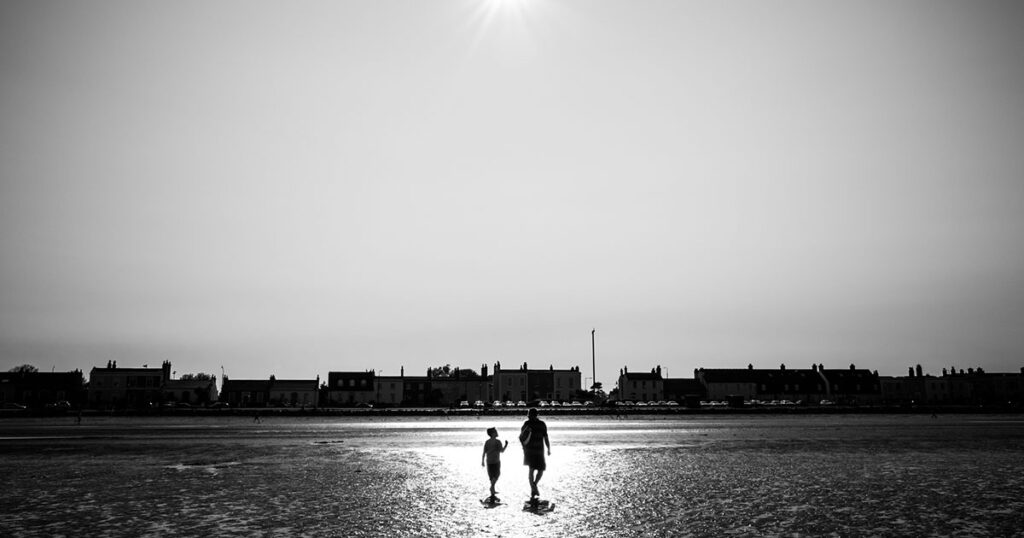
Like fathers in the real world, those found in literature are figures of boundless variety. In honor of Father’s Day this Sunday, the Scholar staff has compiled a list of books that depict fatherhood in all its fullness, from tragically strained father-son relationships to tales of redemption and hope.
Fathers and Sons by Ivan Turgenev
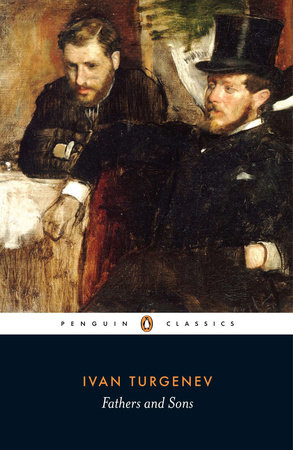
In any list of books about fathers and sons, this masterpiece of 19th-century Russian literature is the most obvious starting point. Set at the end of the 1850s, in the last two years before the emancipation of the serfs, this novel of generational conflict is, according to Turgenev’s friend Henry James, about “the battle of the old and the new, the past and the future, the ideas that arrive with the ideas that linger.” The evenhandedness of Turgenev’s portrayal of both sides enraged everyone and drove him from Russia to live out his days in Europe. —Robert Wilson
The Professor’s House by Willa Cather
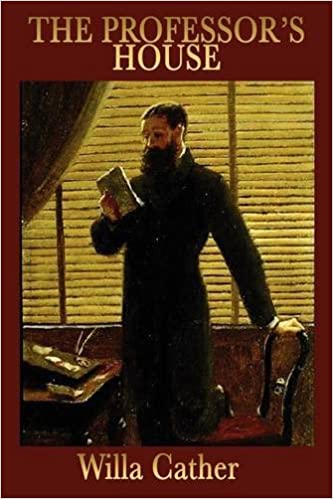
Published in 1925, this novel joins several others that Cather produced in the latter half of her career that, together, rank among the greatest works of 20th-century American fiction. The book deals with a huge range of themes, too various to describe here, but at the center of it is an aging history professor named Godfrey St. Peter. A tragic, conflicted figure, he navigates a series of events that have upended his sense of himself: the sale of his old family home, the marriages of his two daughters, his degenerating relationship with his wife, the ever-encroaching changes of modernity, and most powerfully, the loss of his enjoyment of life. —Bruce Falconer
Home by Marilynne Robinson
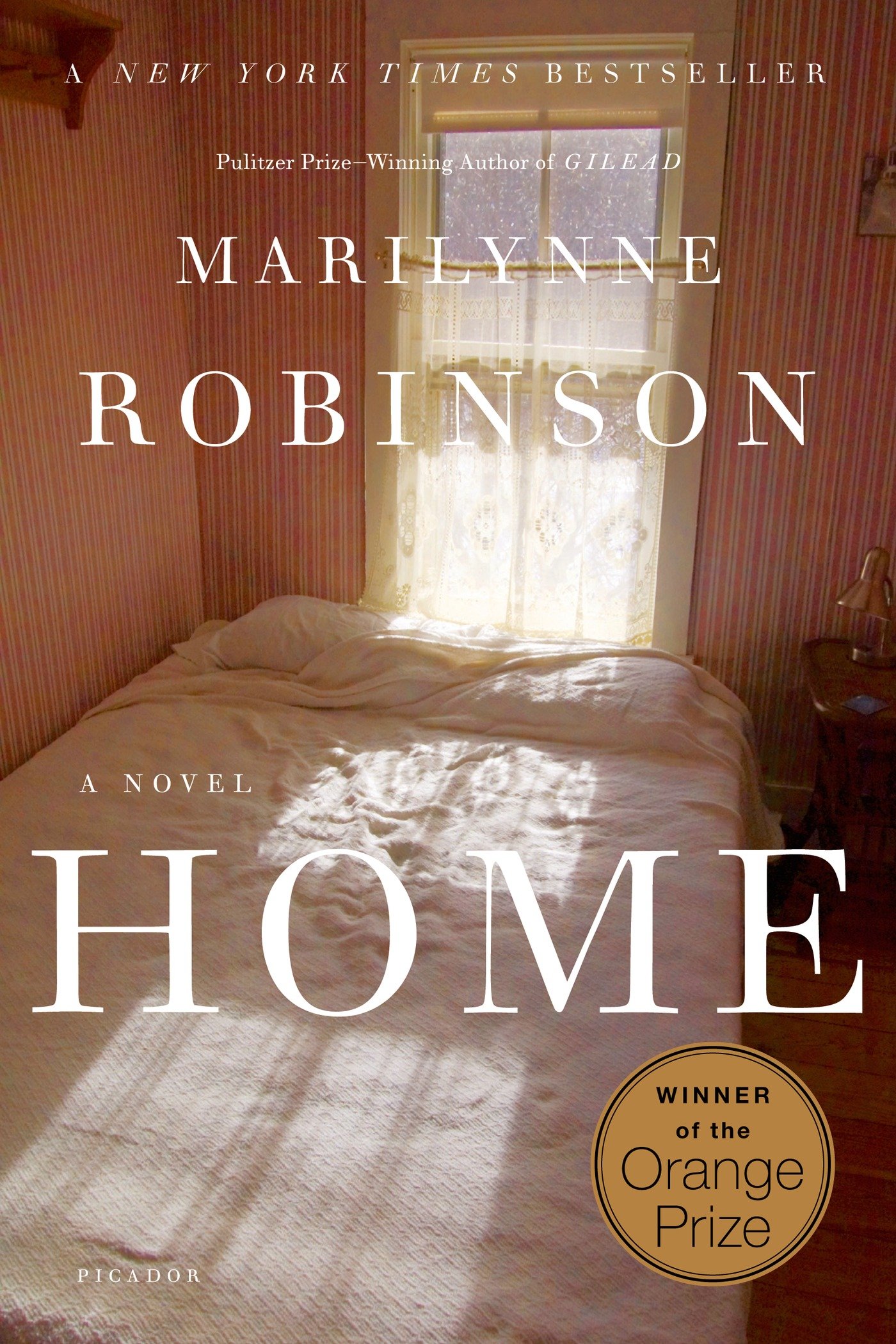
I would be remiss to mention Robinson’s masterful Gilead trilogy (Gilead, Home, and Lila) without naming the eponymous work as my favorite. But when it comes to tales of redemption between fathers and their children, Home is a modern classic. The novel finds adult siblings Jack and Glory returning to their childhood residence to care for their ailing father, the Presbyterian Reverend Boughton. Glory narrates the book, unfolding in her careful, often pained descriptions the contentious relationship between the Reverend and his prodigal son, Jack, home for the first time in 20 years. Home is a slow burn, and at times impossibly sad, but boy, is it worth it. —Jayne Ross
My Abandonment by Peter Rock
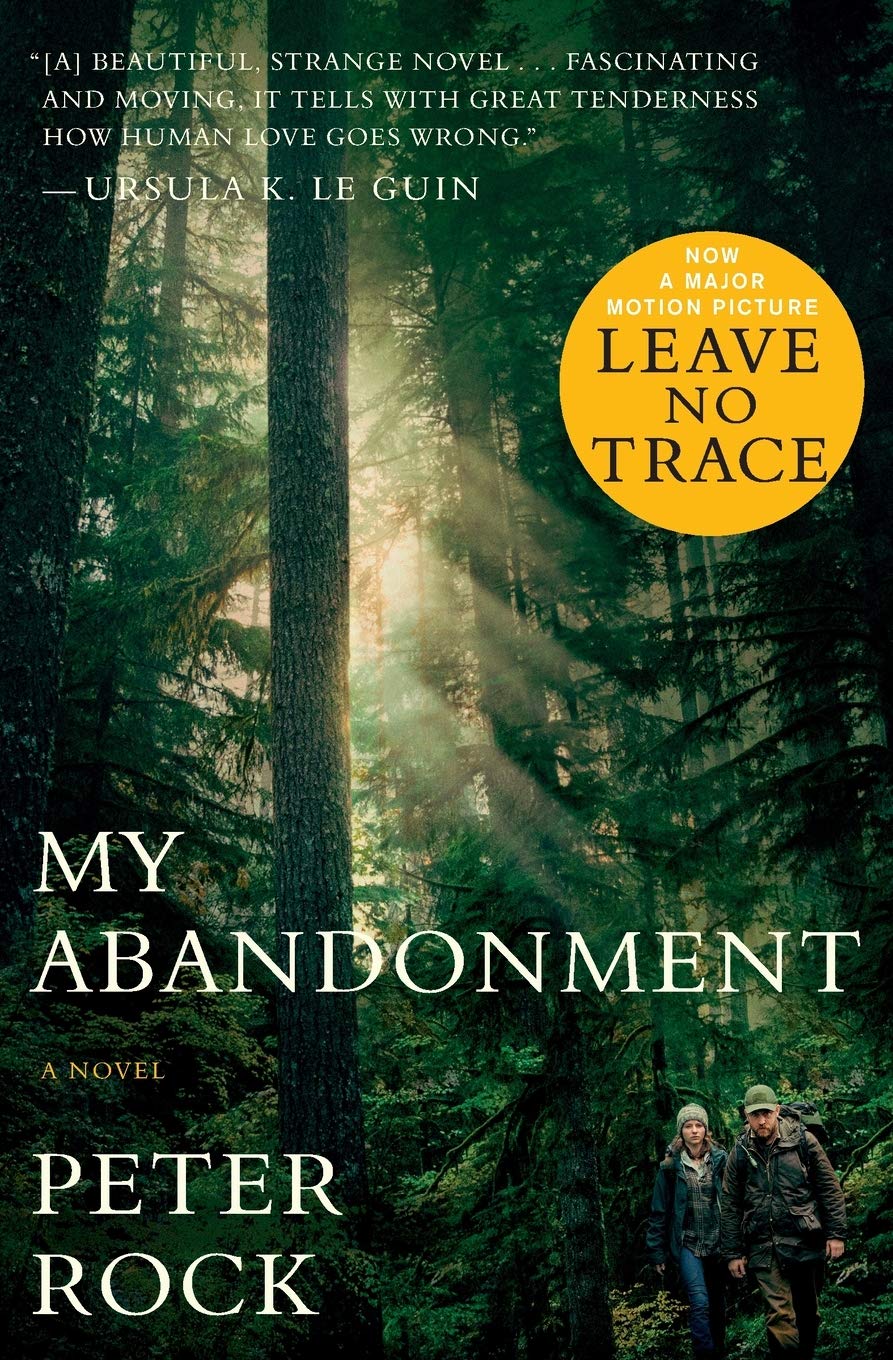
Recently made into the movie Leave No Trace—and inspired by a true story—this novel centers on the relationship between a 13-year-old girl and her father, who live off the grid in the middle of massive Forest Park in Portland, Oregon, until they are forced to flee after their marginal existence is discovered. There’s something about the idea of fending for yourself in the woods that immediately throws me back to my childhood, though I only went camping occasionally with my own dad. —Stephanie Bastek
Ulysses by James Joyce
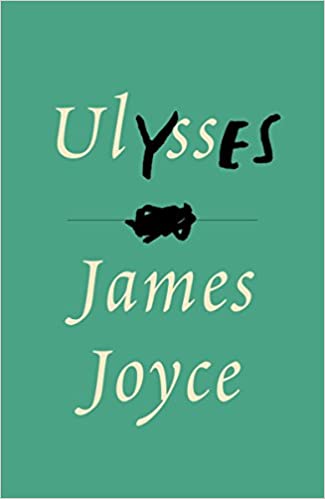
Among the many quests that make up Ulysses is Stephen Dedalus’s search for a father figure and mentor, someone who can teach him how to engage with the world around him. His own father, Simon, cannot be that man. Neither can his boss, the school headmaster, Mr. Deasy. Enter Leopold Bloom, who, living with the memory of his dead son, Rudy, navigates his own difficult journey around Dublin on that single long day in June. In the novel’s “Eumaeus” episode, Bloom escorts Stephen, by this point drunk and emotionally abject, to a cabman’s shelter and offers him a piece of bread and a cup of coffee—the humblest of repasts, yet one that represents a new beginning for them both. Each needs the other, we see, more than either could ever have known. —Sudip Bose
Fathers Playing Catch with Sons: Essays on Sport (Mostly Baseball) by Donald Hall
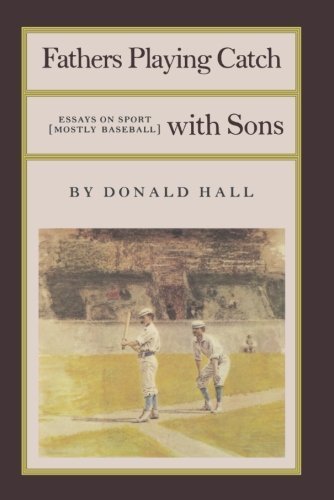
Except for its memorable title, and a few reminiscences about his father, this is not really a book about fathers and sons, but instead what its subtitle admits: a collection of articles about baseball and other sports. The title piece reports on a Plimpton-esque turn Hall took in 1973 at spring training with the Pittsburgh Pirates, in which he, much better known as a poet than as a batter, laughs at himself almost as much his very temporary teammates do. It’s an experience that few fathers or sons will not want to read about. —Robert Wilson
The Brothers Karamazov by Fyodor Dostoyevsky
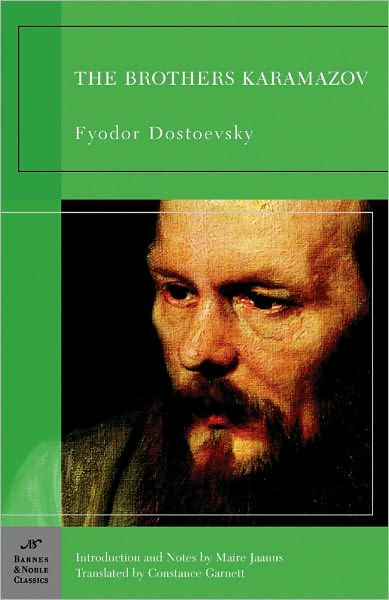
A Russian classic that, even if you read it in school, deserves to be revisited repeatedly at different stages of life. The fraternal relationships of the book’s title are all tragically affected by the brothers’ relationship with their father, Fyodor Pavlovitch, “one of those senseless persons who are very well capable of looking after their own worldly affairs, and, apparently, after nothing else,” Dostoyesvky writes. The book is hardly the sort of celebration of paternal feeling worthy of Father’s Day, but on reading it, at least you can, perhaps, feel grateful that your last name is not Karamazov. —Bruce Falconer
Because of Winn-Dixie by Kate DiCamillo
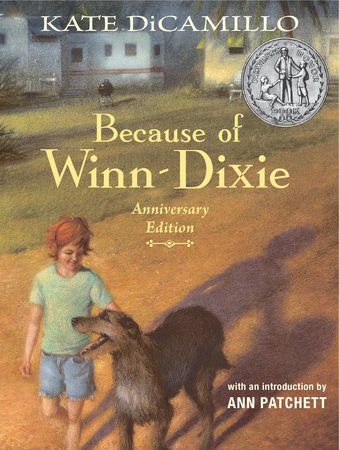
This bittersweet, deceptively simple novel was one of my childhood favorites, and I have fond memories of seeing the film adaptation in theaters with my own dad (which I’m sure thrilled me more than it did him). Recently, when I decided to spend an afternoon rereading it for the first time in more than a decade, I expected that I would enjoy it—I didn’t expect that it would also move me to tears. The book follows 10-year-old narrator India “Opal” Buloni after she moves to a small Florida town, where she longs for new friends and struggles to connect to her father, a Baptist preacher raising her alone. When she adopts an irresistibly friendly stray dog, things start looking up. The universal experience of melancholy is a touching theme throughout, but it’s the penultimate scene of reconciliation between Opal and her father that will send you reaching for the nearest tissue box. —Jayne Ross
Lincoln in the Bardo by George Saunders
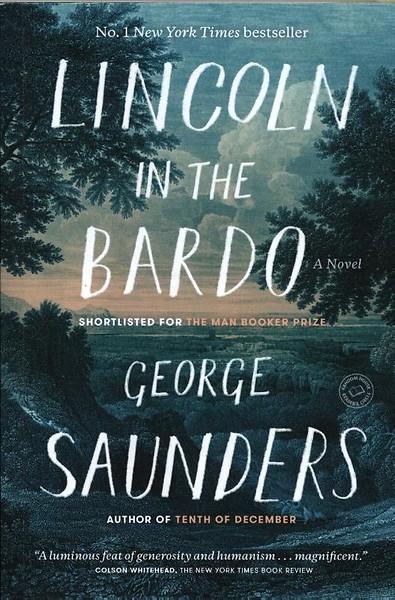
Hear me out: Lincoln in the Bardo is about both Lincoln’s love for his son and America’s love for Lincoln, its mythic forefather. Saunders unspools a polyphonic story set in a graveyard of the Civil War, where our 16th president visits the dead body of his beloved son Willie. I confess that I am not a big fan of Saunders’s short stories, but I love this book, his first novel. —Stephanie Bastek
The Unconsoled by Kazuo Ishiguro
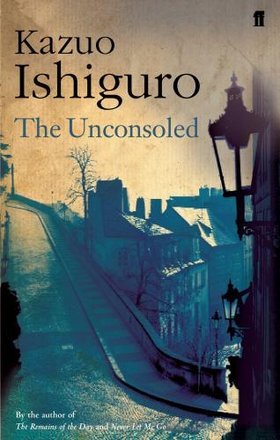
In Ishiguro’s sublime nightmare of a novel—widely panned when it was published in 1995 and, in my opinion, utterly misunderstood by so many of its detractors—a renowned pianist named Ryder lands in an unidentified Central European city, ostensibly to play a recital. This fictional world, however, is governed by a surreal set of physical laws: time is not linear, places are frequently distorted, and many different realities, each seemingly valid, appear to exist at once. For one thing, even though Ryder has supposedly never been to this city before, he seems to have a family living there. The scenes featuring the pianist, his wife, and his young son, Boris—in particular those in which Boris tries desperately to win his father’s approval, only to be rebuffed with cold indifference—are heartbreaking. These passages take on an added pathos when we learn that Ryder himself has spent a lifetime trying (and failing) to please his own parents. Ishiguro’s is a novel of many ideas—the disjunction between modern art and contemporary audiences, the demise of high culture, the burden of history on both the individual and a community, the failures of religion and modern psychology. But it can also be read as an indictment of a man who chooses to abandon his responsibilities as a father, a man destined to spend the rest of his life alone. —Sudip Bose
The Last Samurai by Helen DeWitt
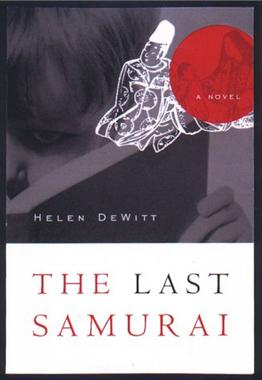
There are not one but seven fathers in Helen DeWitt’s masterpiece of wit and intelligence. Sibylla is a single mother raising her son, Ludo, in the usual manner: teaching him Greek before age four, then Inuit, Japanese, Hebrew, and Old Norse, with a helping of advanced math, all in their cramped London apartment. There’s one thing Sibylla won’t tell her son, though, and that’s the name of his father—instead, they watch Akira Kurosawa’s masterpiece The Seven Samurai on repeat, because who needs one deadbeat dad when you can have seven? As Ludo gets older, though, his dissatisfaction grows, and his search for meaning—and his father—exceeds the size of their circumscribed world. —Stephanie Bastek
Legend of a Suicide by David Vann
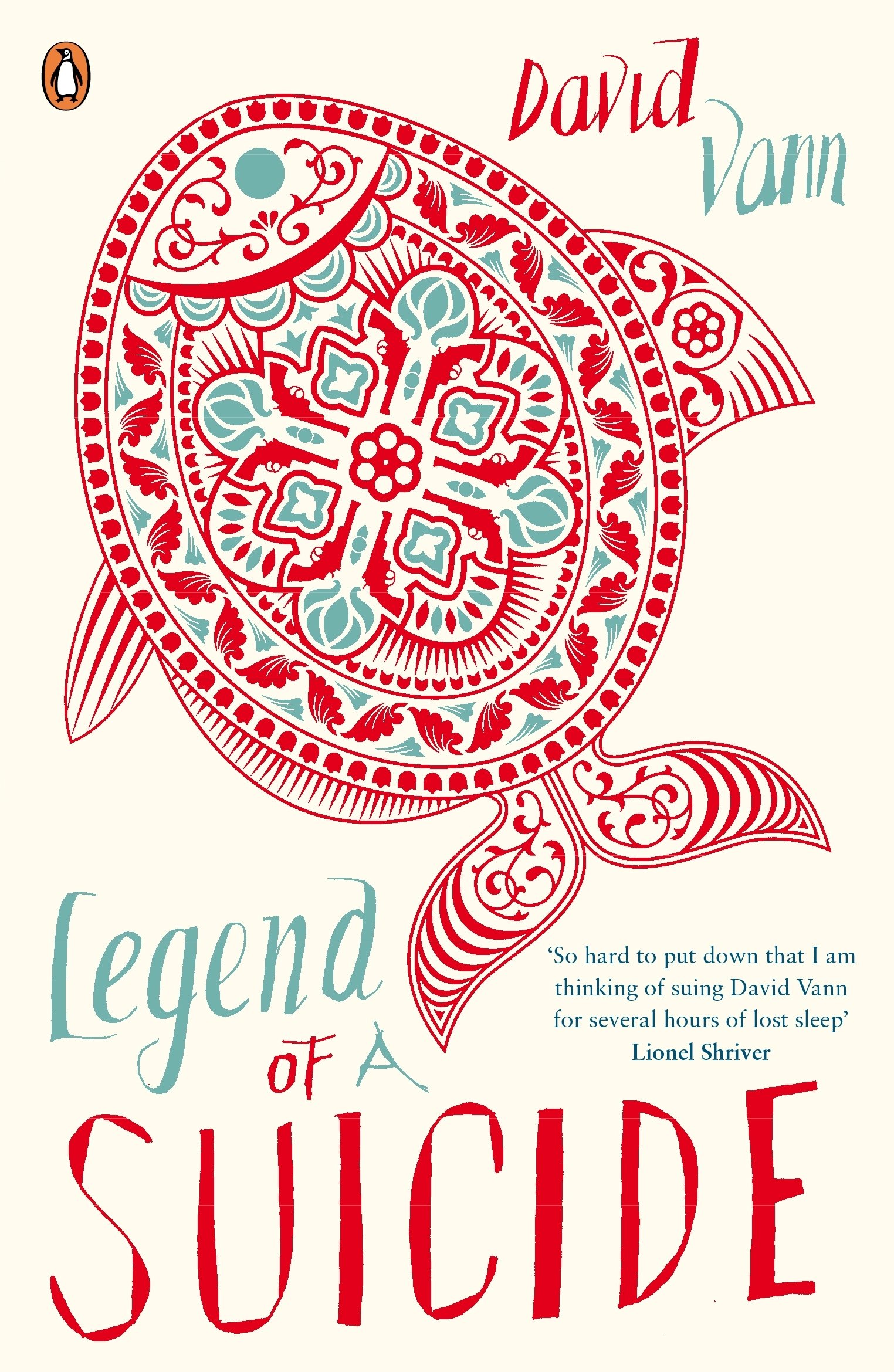
Vann’s first collection of fiction is, on the whole, fantastic, but I’d like to particularly recommend the book’s central novella, Sukkwan Island, about a 13-year-old boy named Roy who accompanies his father into the remote heart of the Alaskan interior. It’s a harrowing portrait of a tormented man desperately trying to come to terms with his many failures. The tragedy is as deeply felt as anything in a 19th-century Russian novel, yet Vann’s beautiful, highly controlled prose is spare, often understated. I really ought to say nothing more. After all, this is a work best encountered when the reader knows as little as possible about its designs or plot. Let me only mention that the novella has continued to haunt me since I first encountered it more than a decade ago. —Sudip Bose
The Road by Cormac McCarthy
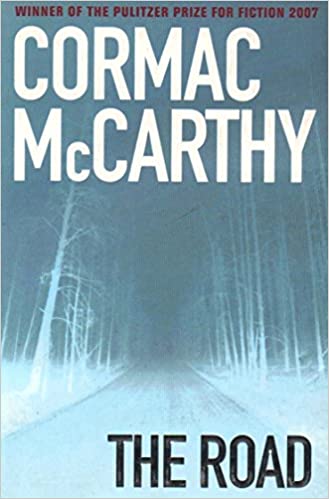
“When he woke in the woods in the dark and the cold of the night he’d reach out to touch the child sleeping beside him.” So begins one of the bleakest father-and-son stories ever written. Yet, strangely enough, I was unable to get into the novel on my first, second, and third attempts. I picked it up again in 2008, after my son was born, and in that strange period that lasted roughly a year, when I responded with a greater intensity of emotion to certain kinds of books (and movies) about fathers and sons, I became absorbed in McCarthy’s story. This odyssey through a post-apocalyptic world, in the aftermath of some unspecified catastrophe, does have a moment of redemption in its tragic conclusion. Yet it’s everything that comes before that lingers with me: the horrors depicted, the feeling of helplessness, the menace that intensifies with every scene, and, most of all, the fear. —Sudip Bose
Oedipus at Colonus by Sophocles
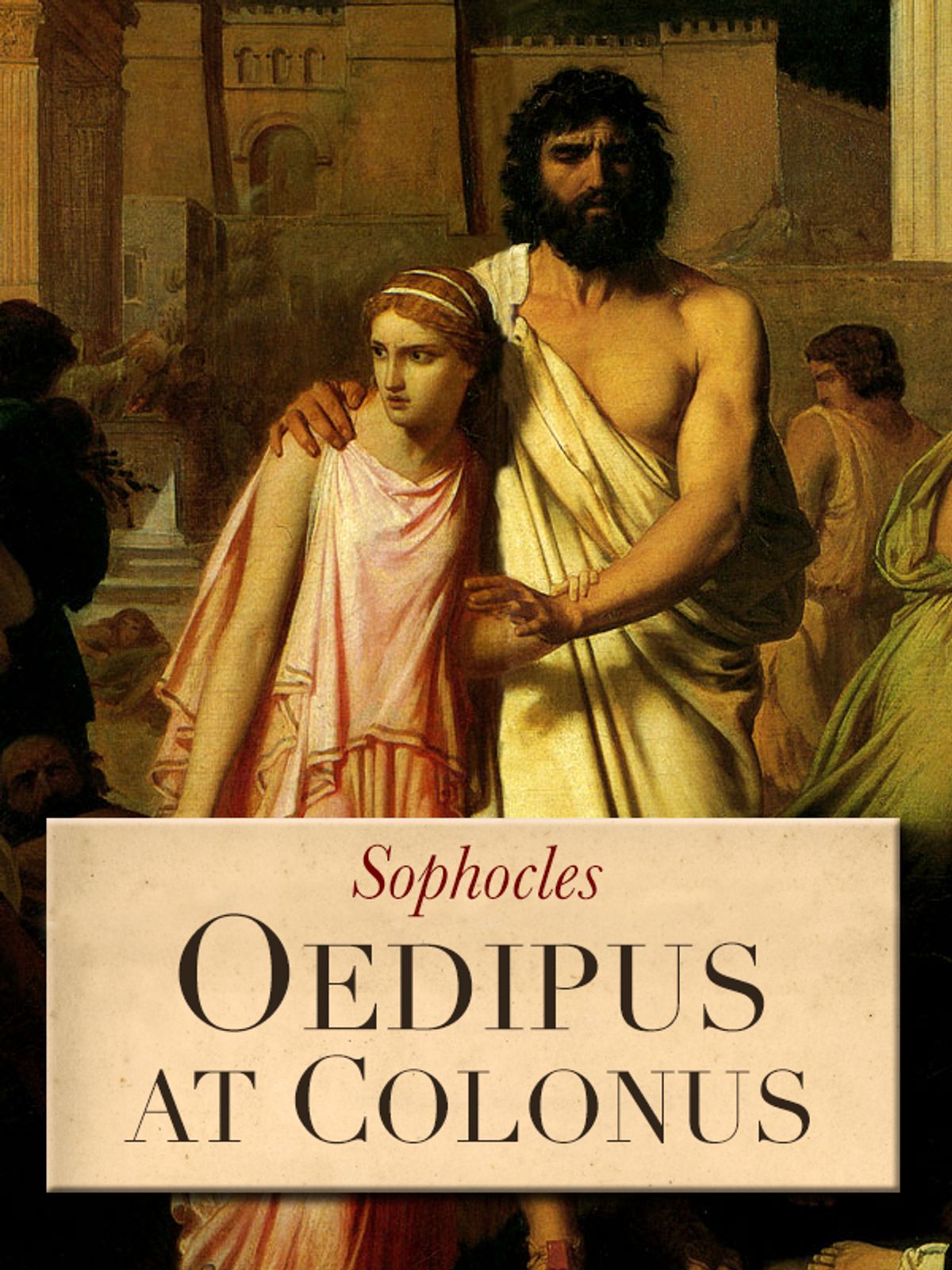
Blind and frail Oedipus, the onetime king of Thebes, has lived for many years in penniless exile, when he and his daughter Antigone arrive at Colonus, a village not far from Athens. Here is the place, the prophecies have foretold, where Oedipus, after much suffering, can finally come to rest. The play has much to tell us about the way we treat our aging parents and how parental roles have a tendency to switch—in this case, devoted Antigone has assumed the part of caregiver of the man who once raised her. Her dedication is contrasted with the behavior of her warring brothers Eteocles and Polynices, who are indifferent to their father’s plight and for whom Oedipus feels nothing but rage. Antigone attempts to broker a peace, pleading with her father that
Other men have bad sons,
And other men are swift to anger: yet
They will accept advice, they will be swayed
By their friends’ pleading, even against their nature.
Reflect, not on the present, but on the past;
Think of your mother’s and your father’s fate
And what you suffered through them!
Like King Lear, the play addresses not only the feelings of an aggrieved and obstinate father, but also, in so moving a way, the loyalty and disloyalty of his adult children. —Sudip Bose

